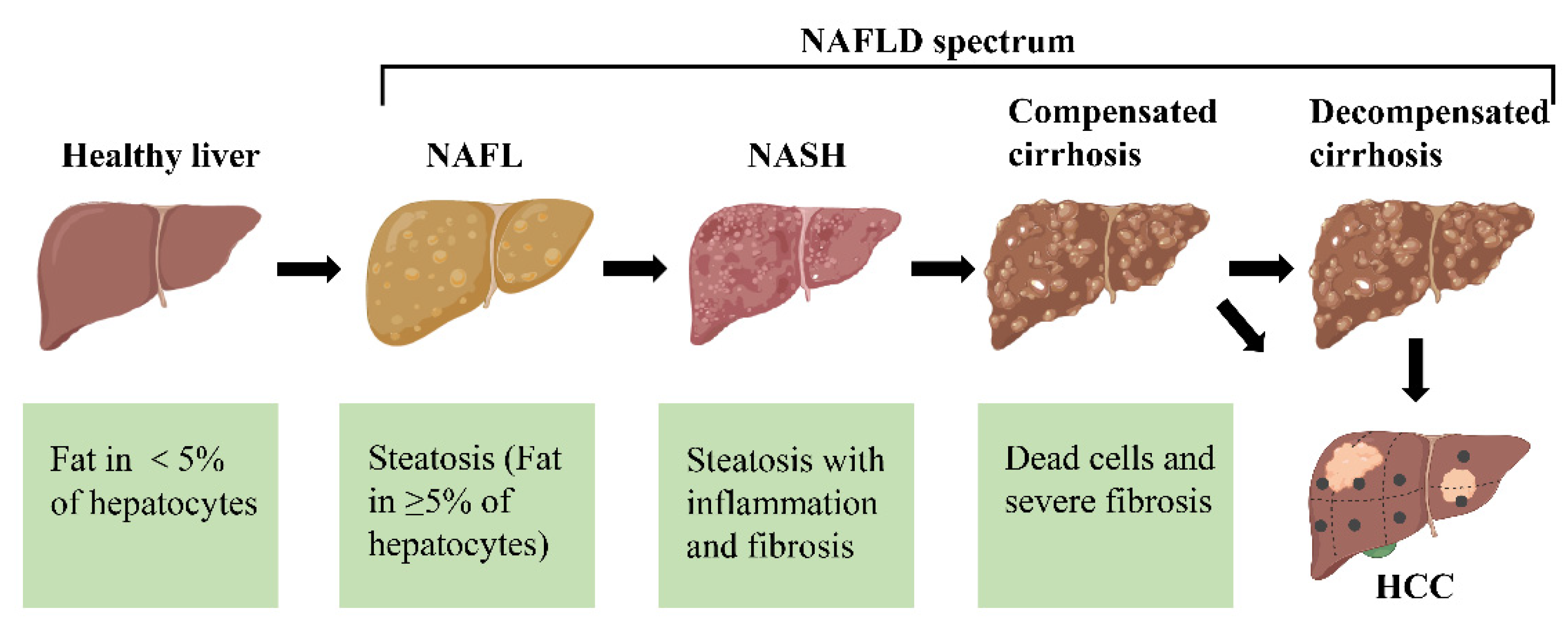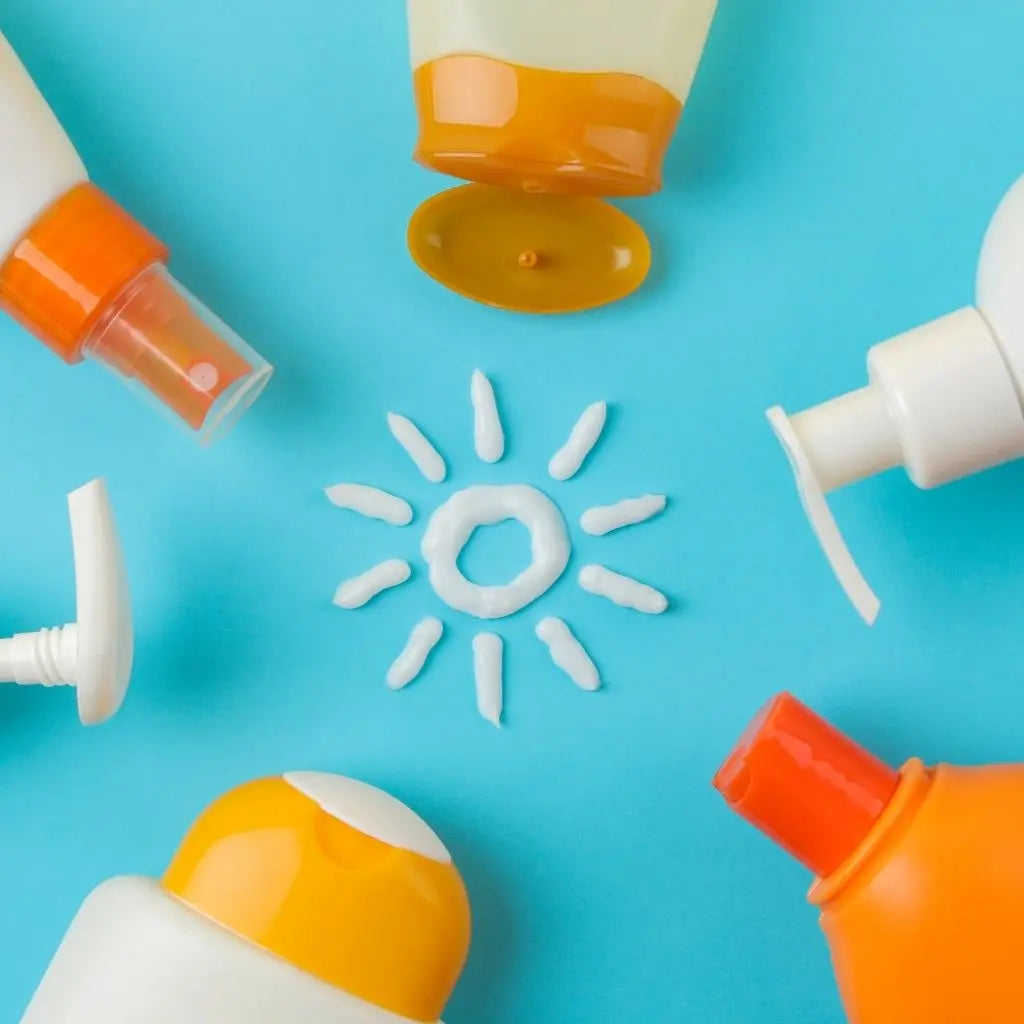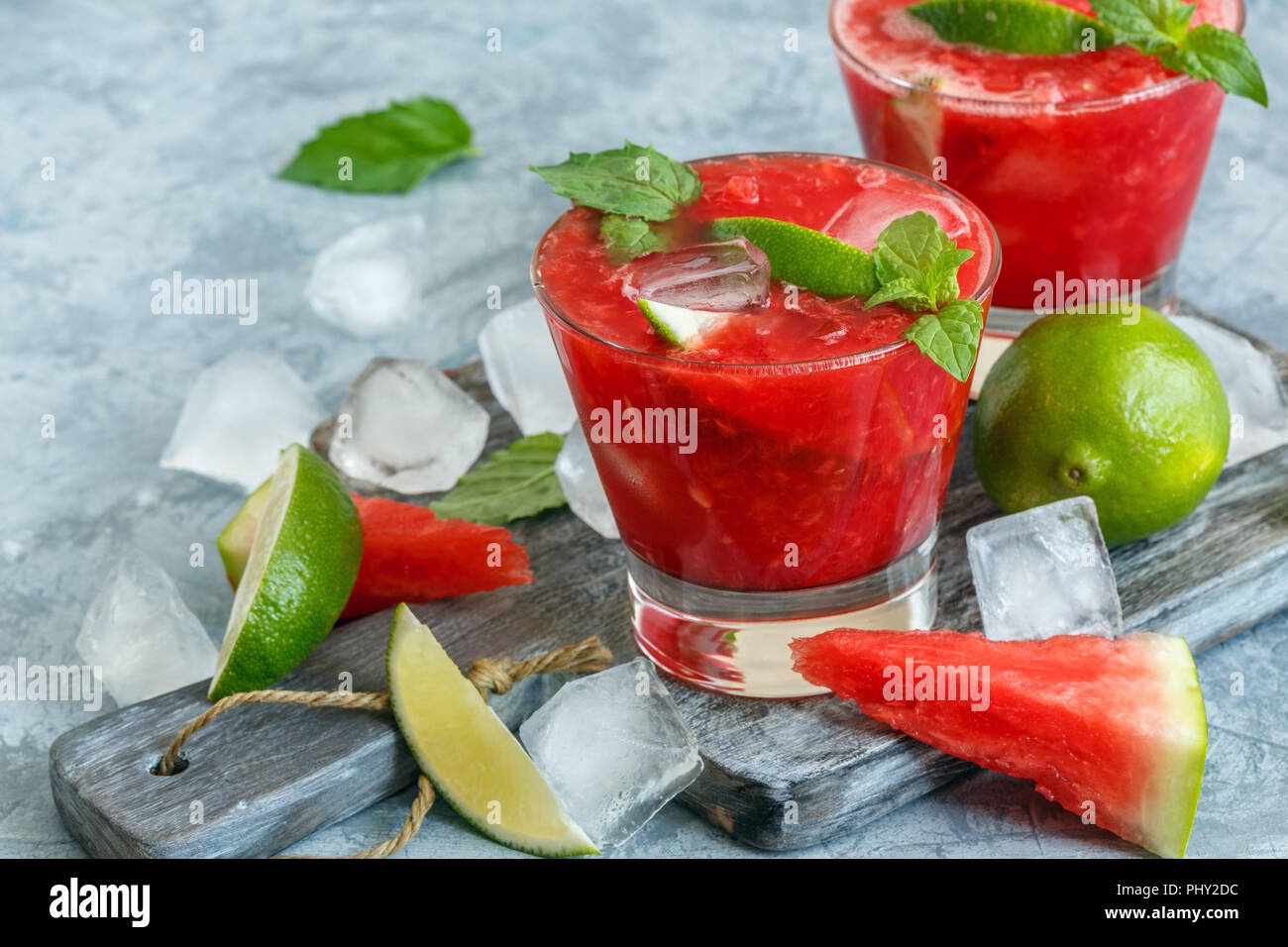For many of us, that first cup of coffee in the morning is more than just a drink; it's a cherished ritual, a moment of quiet pleasure that sets the tone for the day ahead. You probably think about the beans, the roast, maybe even the water you use. Yet, have you ever stopped to think about the very thing that makes your coffee? The coffee maker itself? It's a bit surprising, perhaps, to consider that your beloved machine might be adding things to your daily brew that you didn't quite sign up for.
You see, some coffee makers, especially those made with certain kinds of plastic or metal parts, can, over time, introduce tiny bits of stuff into your hot water. This isn't usually something you can see or taste, but it's there. It's a little like how some older water pipes might slowly add minerals to your drinking water; you don't notice it right away, but it's happening. We often pick our coffee makers for their speed or how pretty they look on the counter, not really thinking about what they're made of.
But what if there was a way to enjoy your coffee, that warm, comforting drink, with a little more peace of mind? What if you could choose a machine that's built with materials that are less likely to share their own bits and pieces with your morning cup? This is where the idea of nontoxic coffee makers comes into the picture. It's about making a choice for something that just feels a little cleaner, a little purer, for your daily ritual.
- People Talking Without Speaking
- Images Drew Barrymore
- Kate Middleton Skinny
- Spongebob Batman
- Lieutenant Severide
Table of Contents
- What Makes a Coffee Maker Nontoxic?
- Why Think About Nontoxic Coffee Makers?
- Are There Truly Nontoxic Coffee Makers?
- Materials That Matter for Nontoxic Coffee Makers
- Beyond the Maker - Nontoxic Coffee Accessories
- Cleaning Your Nontoxic Coffee Maker
- How to Pick Your Nontoxic Coffee Maker?
- Making the Switch to Nontoxic Coffee Makers
What Makes a Coffee Maker Nontoxic?
When we talk about something being nontoxic, especially when it comes to kitchen things, we are really talking about the materials it is made from. You see, the general idea is that these materials should not give off anything harmful into your food or drink, especially when they get warm. So, too it's almost, for a coffee maker, this means that the parts that touch the water and the coffee grounds should be made of stuff that won't leach out anything unwanted. It's a simple thought, but one that takes a bit of looking into.
This is quite different from saying something is "not toxic" in a general sense. When something is described as "nontoxic," it often means it has been specifically chosen or created to be safe for contact with consumables, even under conditions like heat or repeated use. It's about a purposeful design choice, rather than just an absence of something bad. So, a nontoxic coffee maker is built with materials that are considered friendly to your health when they come into contact with your hot coffee. This is a bit like how a baking dish is meant to be oven safe; it's designed for that kind of warmth.
Why Think About Nontoxic Coffee Makers?
You might wonder why this whole idea of nontoxic coffee makers is even something to consider. Well, it comes down to what we put into our bodies every single day. For many, coffee is a daily ritual, sometimes even multiple times a day. Over time, even tiny amounts of certain things can add up. It's a bit like a very small drip filling a bucket; eventually, that bucket gets full. If your coffee maker is made with materials that might, just might, shed tiny bits, then those bits could be making their way into your cup, day after day.
- New Balance 9060 Sea Salt Womens
- R Lee Smith
- Midea 8000 Btu Portable Ac
- Project Pat Wife
- United Airline Kicks Mom And Son Off Plane
There's also the peace of mind that comes with knowing you're making choices that support your well-being. It's a rather simple step, really, to pick a coffee maker that aligns with a more health-aware way of living. For some, this is a very important part of how they approach everything from the food they eat to the things they use in their homes. It's about being more intentional with purchases, especially for items that are used so regularly for something we consume.
This consideration is not about causing alarm, but rather about offering information for those who wish to make choices that feel right for them. It's about empowering people to look a little closer at the everyday items that play a part in their routines. So, thinking about nontoxic coffee makers is simply another way to care for yourself and your loved ones, just as you might choose organic produce or filtered water.
Are There Truly Nontoxic Coffee Makers?
This is a good question, and one that many people ask when they start looking into this topic. The truth is, finding something that is absolutely, completely, 100% free of any possible interaction with its surroundings can be a very tall order. However, when we talk about nontoxic coffee makers, we're talking about machines that use materials widely considered to be very safe for food and drink contact. It's about minimizing potential issues, rather than finding some sort of perfect, untouched item.
So, yes, there are coffee makers that come very close to this ideal. They often feature components made from materials like glass, stainless steel, or certain types of ceramic. These are known for being quite stable and not reacting much with hot water or coffee. You might find that these kinds of makers tend to be a bit more straightforward in their design, perhaps without lots of complicated plastic tubing or internal parts that are hard to clean. It's a bit like choosing a plain glass water bottle over a plastic one; the glass is just less likely to change the water's taste or composition.
It is that, when you see the term "nontoxic coffee makers," it generally points to products that have been thoughtfully put together with materials that are known to be inert, meaning they don't easily mix or react with what they hold. They are made with the intent of keeping your coffee as pure as possible, just the way you like it. This is why some makers are a bit more expensive; the materials chosen are often of a higher quality and are more difficult to work with.
Materials That Matter for Nontoxic Coffee Makers
When you're on the hunt for a nontoxic coffee maker, paying attention to the materials is probably the most important thing. Certain materials are much better choices than others for anything that holds hot liquids. You're generally looking for things that don't react with heat or acids, which coffee certainly has.
**Glass:** This is a top choice. Glass, especially borosilicate glass, is very stable. It doesn't leach anything, it doesn't hold onto flavors, and it's super easy to clean. Think about a classic glass carafe or a French press with a glass beaker. That is a really good sign.
**Stainless Steel:** High-quality stainless steel, like 304 or 18/8 grade, is another excellent option. It's durable, doesn't rust, and is also very stable when heated. Many kettles, French presses, and pour-over cones use this material. It's a sturdy choice, and you can usually tell the quality by how it feels.
**Ceramic:** For pour-over drippers or some internal parts, ceramic can be a fine choice, provided it's glazed properly and free of heavy metals. It holds heat well and doesn't react with coffee. You might see ceramic filters or funnels in some nontoxic coffee makers.
**Silicone:** Food-grade silicone can be found in some parts, like seals or gaskets. It's generally considered safe for brief contact with hot liquids. Just make sure it's clearly labeled as "food-grade." It's a bit softer than other materials, so it is used where flexibility is needed.
**Avoid (or minimize):**
**Plastic:** This is where things get a little tricky. Many coffee makers have plastic components, especially in the brewing path. When plastic gets hot, some types can potentially release chemicals. So, for a nontoxic coffee maker, you want to either avoid plastic entirely in the parts that touch hot water or coffee, or ensure it's a very specific, high-grade, heat-resistant plastic (like BPA-free Tritan, though even then, some people prefer to avoid it). It's often the most common material to be concerned about.
**Aluminum:** Some older or cheaper coffee makers might use aluminum. While cooking with aluminum is common, some people prefer to avoid it for hot, acidic drinks like coffee, as there's a possibility of leaching. Stainless steel is generally preferred.
Basically, you're looking for simple, inert materials that have a long history of being safe for food contact, especially when heated.
Beyond the Maker - Nontoxic Coffee Accessories
It's not just the coffee maker itself that matters when you're aiming for a truly clean cup. The things you use with your nontoxic coffee makers also play a role. Think about it: if your maker is perfect, but your filter or your mug introduces something unwanted, then you're not quite getting the full benefit.
**Coffee Filters:** Many paper filters are bleached, and some people prefer to avoid that. Look for unbleached paper filters, or even better, reusable cloth filters made from organic cotton or hemp. There are also metal mesh filters, often made from stainless steel, which are a very popular choice as they are washable and last a very long time.
**Coffee Mugs:** While most ceramic or glass mugs are fine, some ceramic glazes can contain lead or cadmium, especially in older or cheaply made items. Stick to mugs from reputable brands, or choose glass or stainless steel travel mugs. This is a fairly simple switch to make.
**Grinders:** If you grind your own beans, consider the materials in your grinder. Many burr grinders have plastic parts. Look for grinders with stainless steel burrs and minimal plastic contact with the beans. This is a detail that some people might overlook, but it's a piece of the puzzle.
**Water:** This is a big one. Even the best nontoxic coffee makers can't fix bad water. Using filtered water is a really good idea. It removes chlorine and other impurities that can affect both the taste of your coffee and what you're drinking. A simple pitcher filter or a faucet filter can make a noticeable difference.
So, it's a whole system, really. Each piece contributes to the final product in your cup. Paying a little attention to these accessories can make a big difference in your pursuit of a truly clean and delightful coffee experience.
Cleaning Your Nontoxic Coffee Maker
Keeping your nontoxic coffee makers clean is just as important as choosing the right materials. Even the purest materials can become a home for mold or mineral buildup if not cared for properly. This can not only affect the taste of your coffee but also, in some respects, negate the benefits of having a nontoxic machine. A clean machine is a happy machine, and it makes better coffee, too.
For most nontoxic coffee makers, regular cleaning involves rinsing parts that touch coffee after each use. For a deeper clean, especially for mineral buildup (which often looks like white, crusty bits), you can use natural cleaning solutions. White vinegar is a classic choice. Just run a cycle with a mix of vinegar and water, then follow with a few cycles of plain water to rinse it all out. This is a very effective method and it's quite safe.
Some parts, like glass carafes or stainless steel components, can often go into the dishwasher, but always check the manufacturer's directions. For things that can't be submerged, a soft brush and warm soapy water usually do the trick. The point is to prevent anything from growing or accumulating inside the machine where your water and coffee pass through. A little effort here goes a very long way in keeping your coffee pure.
How to Pick Your Nontoxic Coffee Maker?
So, you're ready to pick out a nontoxic coffee maker. How do you go about it? It's not as hard as it might seem, but it does involve looking a little closer at the details. Here are some things to keep in mind when you're making your choice.
First, think about the type of coffee you like to make. Do you prefer drip coffee, pour-over, French press, or something else? Different types of makers naturally lend themselves to different materials. For example, a French press is almost always glass and stainless steel, which is great for nontoxic concerns. Drip coffee makers can be a bit more varied, so you'll need to pay closer attention to their internal parts.
Next, really look at the materials. As mentioned before, prioritize glass, stainless steel, and ceramic for any parts that will come into contact with hot water or coffee. If there is plastic, check if it's minimal and, if possible, certified food-grade and BPA-free. Some brands are very clear about the materials they use, and that's a good sign. If a company is not transparent about its materials, that might be a reason to pause.
Consider ease of cleaning, too. Machines that are easy to take apart and clean are less likely to harbor unwanted buildup. This ties back to maintaining that nontoxic environment. A simple design often means fewer hidden spots for grime.
Finally, read reviews from other people. Sometimes, users will point out specific material concerns or how well a machine holds up over time. While individual experiences can vary, a general trend in reviews can be quite helpful. It's about gathering as much information as you can to make a choice that feels right for you and your morning cup.
Making the Switch to Nontoxic Coffee Makers
Making the switch to nontoxic coffee makers is a rather straightforward step that can bring a lot of satisfaction. It's not about throwing out everything you own right away, but rather about making more thoughtful choices when it's time for an upgrade or a new purchase. It's a bit like choosing to buy a new, more efficient light bulb when your old one burns out, rather than replacing all your bulbs at once.
You might start by looking at simpler brewing methods that naturally use fewer questionable materials. Pour-over setups, for instance, often involve just a ceramic or stainless steel dripper and a glass carafe. French presses are another excellent option, typically made of glass and stainless steel. These methods often give you a very pure coffee taste anyway, which is a nice bonus.
When you do decide to buy a new machine, take your time. Look at the product descriptions, check for certifications, and don't be afraid to ask questions if you're shopping in a store. Many brands are now recognizing the interest in nontoxic options and are making an effort to provide clear information about their materials. So, in some respects, it's becoming easier to find these kinds of products.
This move to nontoxic coffee makers is really about aligning your daily habits with your desire for a healthier way of living. It's a small change, but it's one that touches a ritual that many of us hold dear. By choosing materials that are known to be safe and stable, you're simply making sure that your coffee remains just coffee, pure and simple, exactly as it should be.
This article has explored the idea of nontoxic coffee makers, looking at why someone might consider them and what materials are generally preferred for such items. We covered the importance of choosing glass, stainless steel, and ceramic, while suggesting caution with certain plastics and aluminum. We also touched on how accessories like filters and mugs, along with the water itself, play a role in a truly clean coffee experience. Finally, we discussed the value of regular cleaning and offered guidance on how to select a nontoxic coffee maker that suits your preferences, emphasizing that making this switch is a simple way to support a healthier daily routine.


